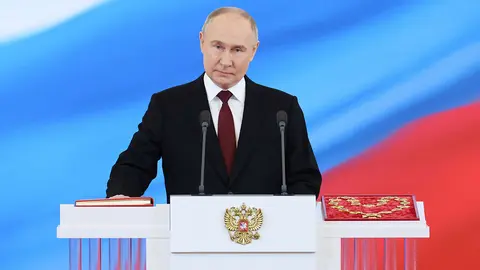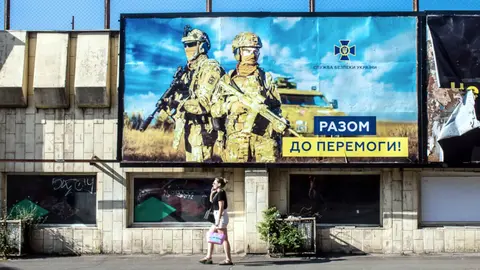María Senovilla: ‘The massive attacks on Kiev are not war, they are pure 21st century terrorism’
The journalist and correspondent spoke into the microphones of the programme ‘De cara al mundo’ on Onda Madrid about the bombing of civilian targets with hypersonic missiles in Ukraine
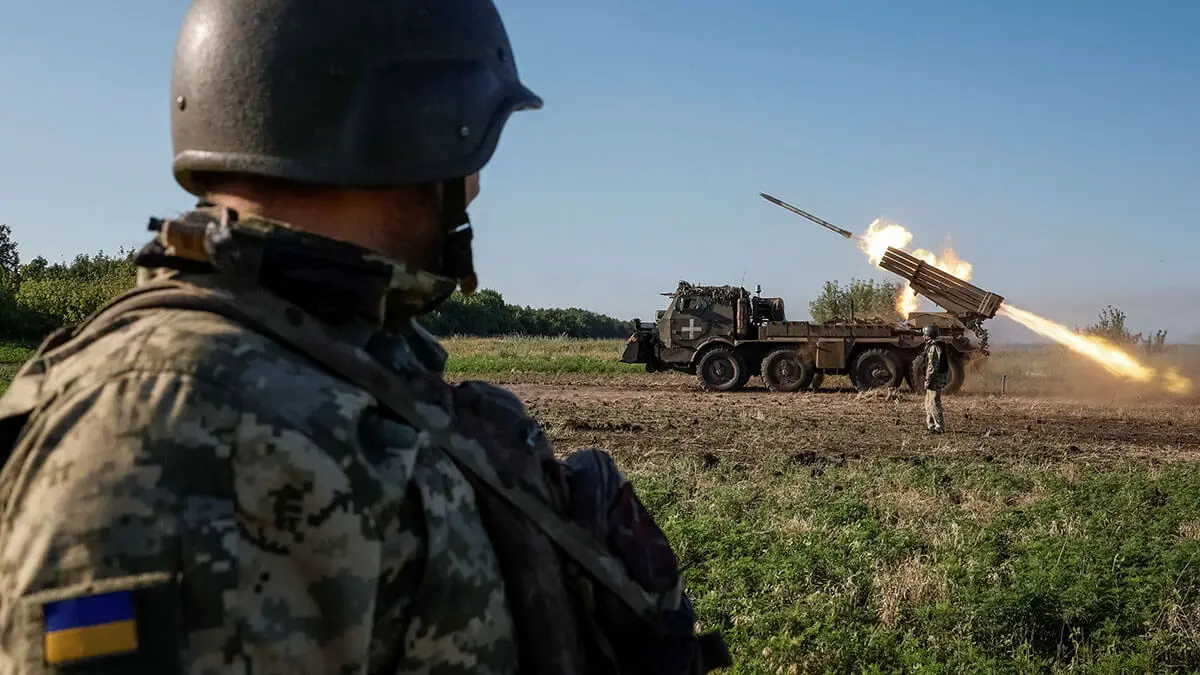
The city of Kiev has suffered several Russian missile attacks in recent hours, just after President Vladimir Putin challenged Western countries and the United States to a missile competition with the Ukrainian capital as a defence target for Westerners and an attack target for their missiles, especially the jewel in the Russian crown, the hypersonic Oreshnik.
During his four-hour appearance, Putin also assured that he will regain the Kursk region and that the fall of the Assad dictatorship in Syria is not a setback for Moscow. Ukraine's president, Volodymyr Zelensky, has admitted to the EU that without the United States it will be very difficult to maintain support for Ukraine.
Kiev is asking for security guarantees, while European leaders are looking for ways to increase aid to Ukraine in the face of Donald Trump's arrival in the White House and a hypothetical opening of negotiations with Russia. Reporter and journalist María Senovilla, a contributor to Atalayar, analysed the Russian attacks with the latest generation of hypersonic missiles on the programme ‘De cara al mundo’ directed by Javier Fernández Arribas on Onda Madrid.
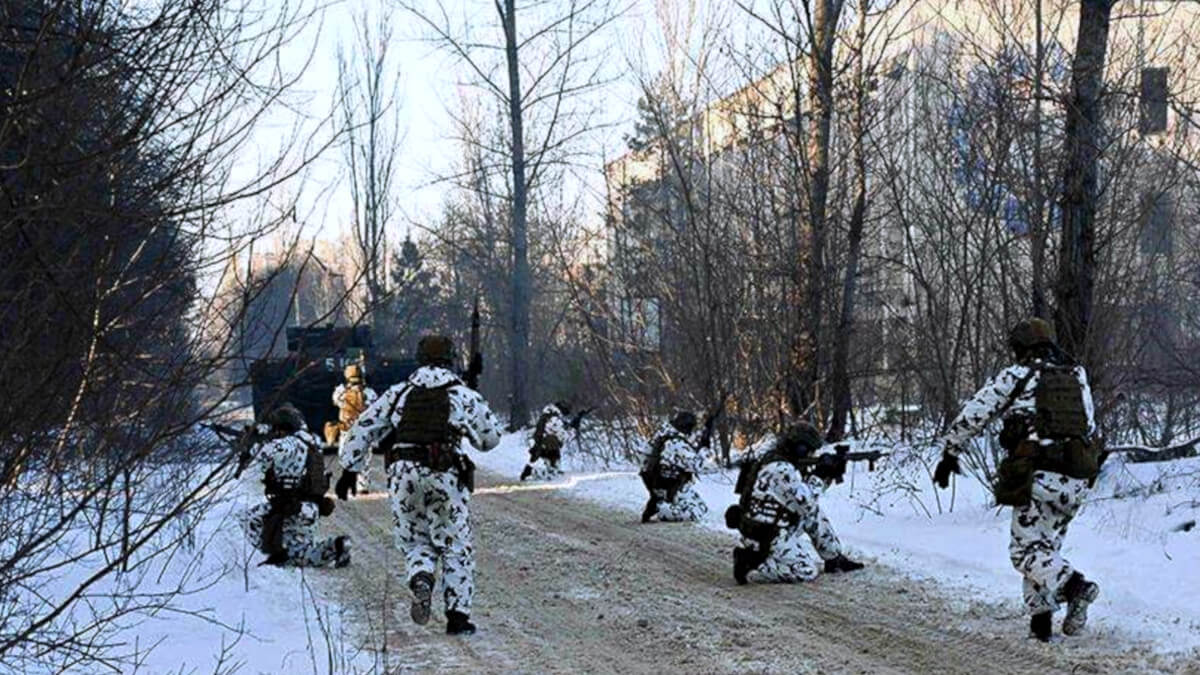
María Senovilla, journalist and contributor to Atalayar magazine and other media. María, you have been bombed by Russian missiles. Putin uses the experience of his Oreshnik missile in Dnipro to threaten everyone and also uses other types of missiles, as has happened in the last few hours in Kiev, to continue his attacks against civilian targets.
Against civilian targets again. This time on a terrible scale, with up to 12 explosions in the centre of Kiev of an unusual magnitude, as part of the increased power with which Putin is launching this attack.
The Russian president held his usual Christmas press conference yesterday and during those four and a half hours answered 76 questions. In addition, and this is interesting, he launched a parallel social media campaign that turned his press conference into a viral phenomenon. And, in terms of the messages that were launched, the most important was the one in which he took the opportunity to directly threaten the capital of Ukraine, Kiev, with a massive attack with his most powerful missiles, which, unfortunately, he has carried out.
It was not like the Oreshnik; this time it used hypersonic Kinzhal missiles, which is the missile it used when it bombed the children's cancer hospital in Kiev last summer, one of those attacks I was present at, and its capacity for destruction is absolute: a single missile reduced to rubble an entire huge building containing the artificial river and all the floors where those little ones were receiving treatment.
Another target that was bombed this time was St. Nicholas Cathedral; it could not be more symbolic, given the time of year, right in the middle of Christmas. This is the first time we have seen a massive bombing announced at a press conference in the face of the international community because, as I said, he carried out an unprecedented international online communication campaign, which he perpetrated a few hours later in this way.
It will remind you of the words that Putin had the cold blood to utter. He said of conducting an experiment, a duel: ‘Let's pick a target in Kiev, take Western defences there and see if they intercept our missile’.
A few hours later he launched up to five Iskander-type missiles and two more Kinzhal-type missiles. This hypersonic missile which, like the Oreshnik, is almost impossible to stop by the Western anti-aircraft defences that are positioned right now in Kiev.
At this hour we don't have a clear toll of casualties, because there is a 15-storey building that has been bombed and there are still people in the rubble. But what has already been said is that this attack has left 630 buildings in the centre of the capital without heating, including 16 hospitals and dozens and dozens of public centres that now have neither electricity nor heating, in days when temperatures are reaching between 10 and 12 degrees below zero. It is worth remembering that last year we had an absolutely brutal Russian bombing campaign against Ukrainian cities and civilian targets, which also began over Christmas, and it seems that Putin has given the go-ahead for this year's campaign.
My view, if I may, is that this is no longer in the context of war. This is ‘using war for anything goes’. It is the closest thing we are witnessing in the 21st century to pure terrorism.
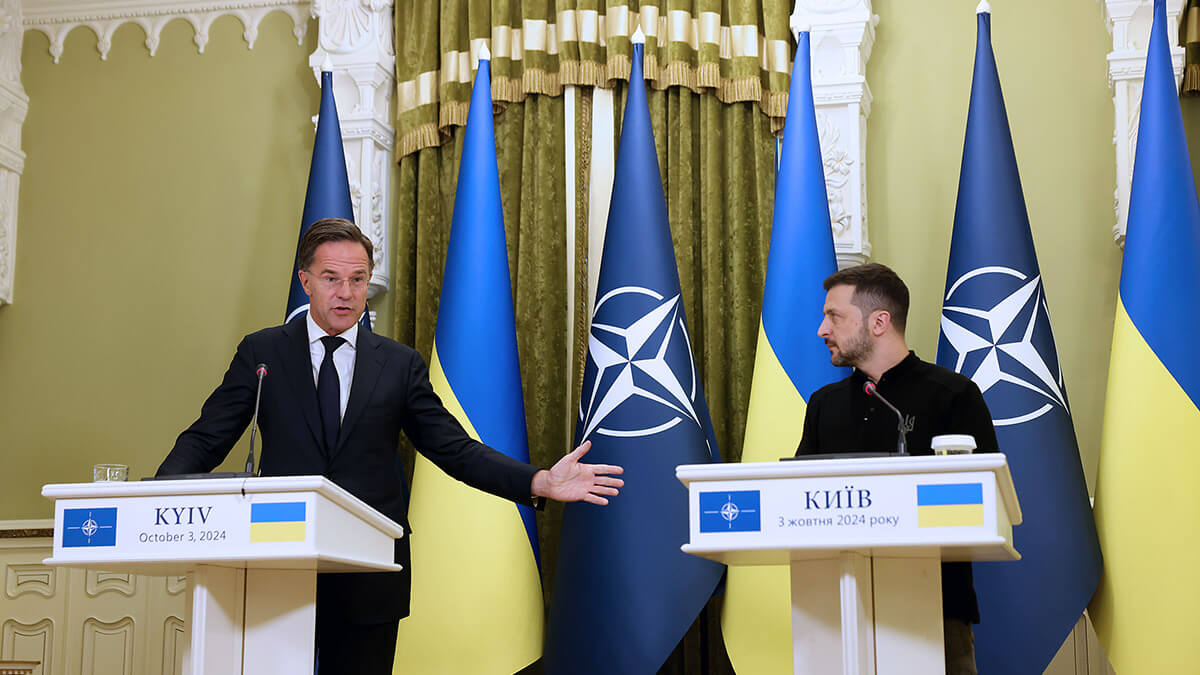
It is an attempt to get to the negotiating table with the greatest possible show of force. Meanwhile, Ukrainian President Zelensky recognises that, without US support - we are all watching or waiting for Donald Trump's arrival in the White House - Ukraine cannot resist.
Zelensky met a few hours before Putin's appearance in Brussels with European leaders and admitted that, without the US, it will be very difficult to maintain support for Ukraine. Trump's arrival in the White House is just a month away and uncertainty is growing.
The Ukrainian leader, who seems to take it for granted that there will be negotiations this year, is directly asking NATO for help so that, after this possible ceasefire, they are not left completely unprotected.
In this sense, French President Emmanuel Macron once again raised the scenario of NATO countries sending troops to Ukraine. A proposal that Zelensky did see as possible, but which will not be sufficient without a more forceful commitment from the Atlantic Alliance. Zelensky's words were that the only guarantee in the future is NATO membership.
There was also a direct message to Trump: ‘I want you to help us end the war’, but of course not at any price. Zelensky also said: ‘only together the European Union and the United States can stop Putin, who is a danger to the whole world, because human life means nothing to him’.
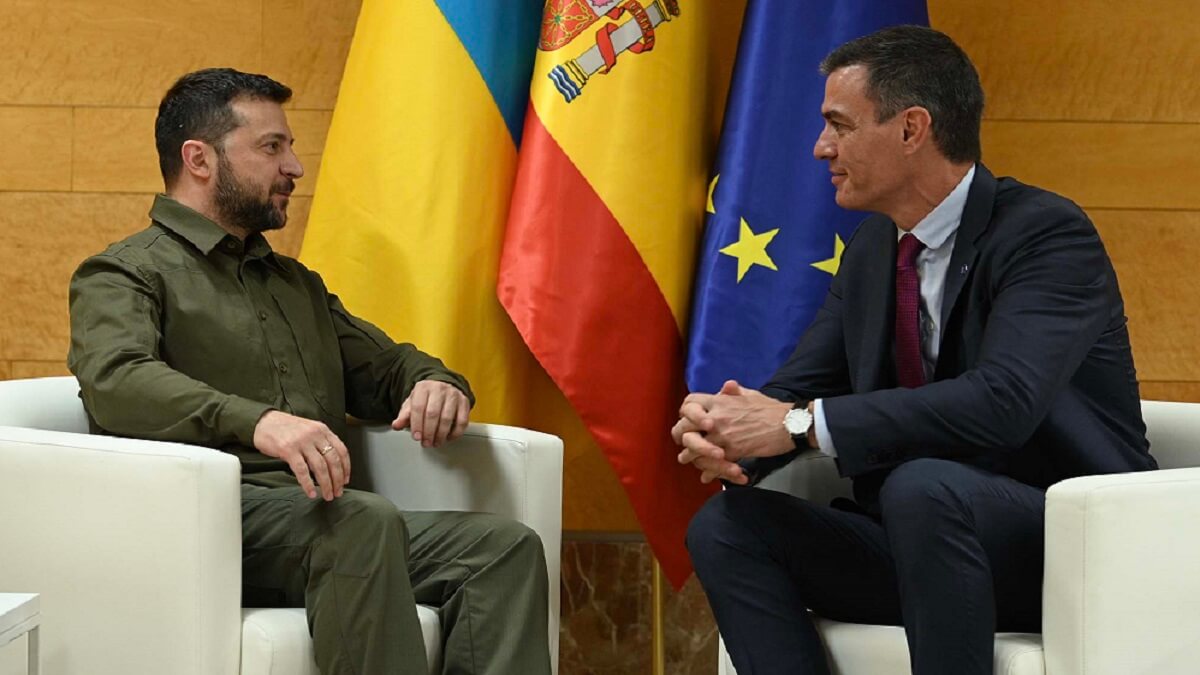
The Spanish President of the Government, Pedro Sánchez, said after the European Council that there will be no Spanish troops in Ukraine. We will see what happens because the Europeans, Maria, are trying to increase aid to Ukraine as much as possible before Trump arrives.
They have no other choice, because Trump has already expressed his intention to shift the weight of the military aid being sent to Ukraine towards the countries of the Union.
A European Union in which right now there are dissenting voices, such as that of the Hungarian prime minister, Victor Orbán, but which for the most part continues to back support for Ukraine and understands, as they have once again stated, that Ukraine is the victim, the country attacked in the midst of this unilateral invasion, and that it would not be fair, moreover, for it to lose part of its territory, its national sovereignty at a negotiating table.
Most of the EU-27 are reacting late, but they are reacting to this scenario of instability that Putin has brought them and are increasing their defence capabilities, both by increasing the GDP directly allocated to defence capabilities and even, as in the case of Spain - which is very important - by increasing the number of troops in their army. Spain, for the first time in 10 years, has opened a call for applications to increase the number of troops in its army by, I think I remember, around 7,000 posts.
However, beyond increasing these defence capabilities, what is needed now is an unprecedented joint effort to provide Ukraine with enough weapons and ammunition to resist without US assistance. And that, let's be realistic, is very unlikely to happen.
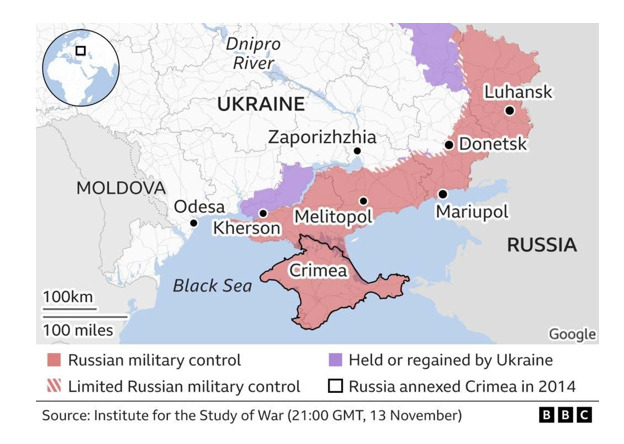
In Spain, it should be noted that there had been casualties that had not been covered and now those casualties have to be covered in a hurry. What can you tell us about those on the front lines, especially Procovsk, which is barely holding out?
It's barely holding out, as we've been saying for weeks now, that the Russian advance on the Donbass front, in the direction of Procovsk, was unstoppable, but in the last few days the situation has deteriorated a lot.
The Russians are now practically at the city's gates and thousands of civilians who are still clinging to their homes are being evacuated because they have nowhere else to go and because they fear that if they leave their homes, it will be very difficult for them to return if the city remains under Russian occupation.
The importance of Procovsk is best understood with a map in hand. We have talked about how it would be a blow to Ukraine if Procovsk were to fall. But if you look at the road linking the Russian-occupied capital city of Donetsk with the city of Dnipro, one of the most important cities in Ukraine, in the middle of that road, the big city in the centre is Procovsk.
Procovsk was the last Ukrainian stronghold safeguarding the Dnipro province, and if Russian troops manage to occupy and overrun it, then that province will already be within range of Russian artillery. If it has already been bombarded for months, with missiles like the Erechniks and other types of missiles, and has become one of Russia's major targets, imagine if it also manages to position its artillery at the gates of that province.
There are already voices that are saying that Putin's imperialist ambitions are not going to stay in the Donbass and that he could try to take a bite out of the province of Dnipro before they actually sit down at that possible negotiating table in 2025.


